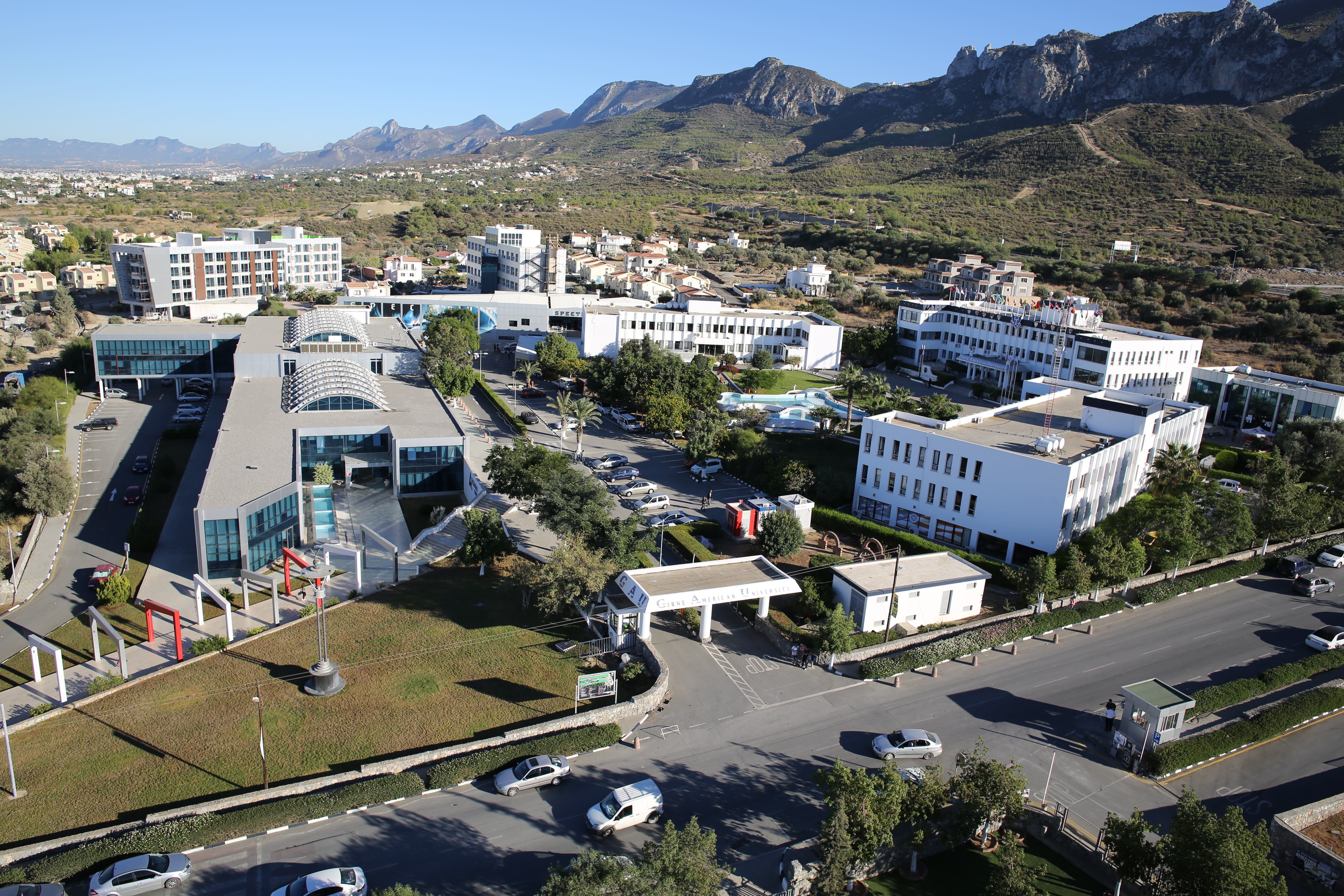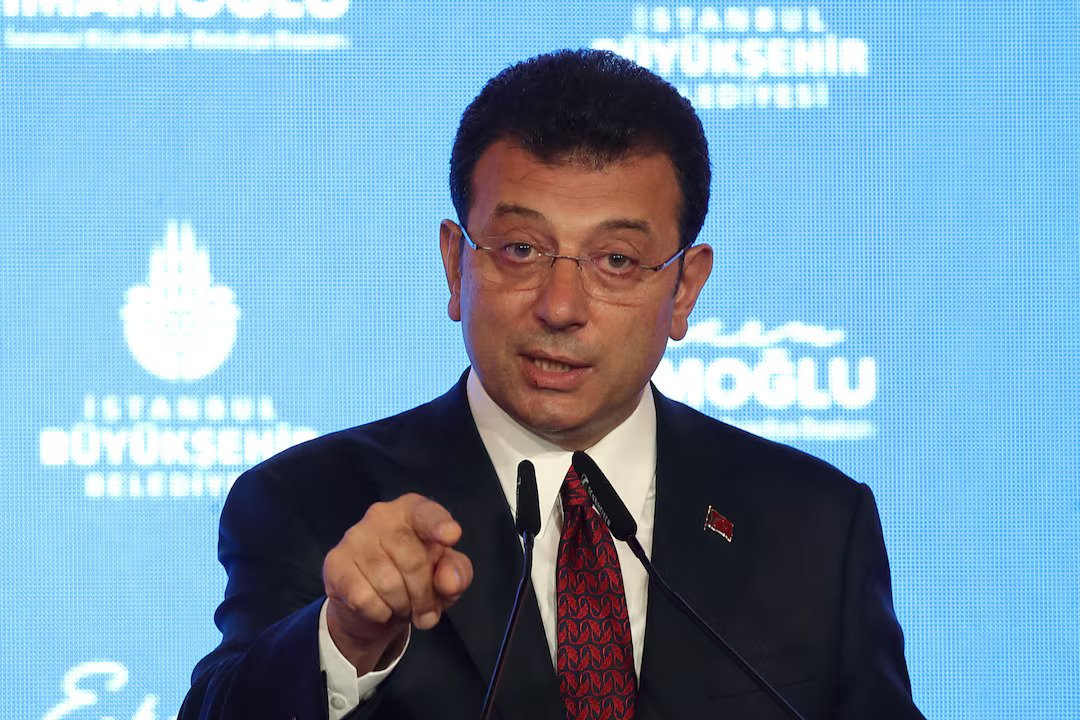Istanbul mayor Ekrem Imamoglu’s lawyer Mehmet Pehlivanli on Tuesday announced that he had filed criminal charges against the three people who had signed a report which declared that the university in the north at which Imamoglu had studied was not recognised in Turkey when he was studying there.
He said that the case regarding his degree, which was opened by Istanbul’s chief public prosecutor’s office, was opened after a tip-off was filed to Turkey’s presidency’s communications office (Cimer) in October last year, but pointed out that the legality of Imamoglu’s studies has already been evaluated.
A previous complaint had been filed to Cimer in February 2020, he said, with Istanbul University dean Kamil Ahmet Kose writing to Cimer a month later that Imamoglu’s transfer from Kyrenia’s Girne American University to Istanbul University in 1990 was legal.
“When? Exactly five years ago. However, for some reason, as a result of an identical report made about Imamoglu five years later, this time, the chief public prosecutor’s office requested an investigation report from the higher education council [Yok] regarding the allegations in the report,” he said.
Moving on to the matter of the report itself, he said, “we are here today to reveal the significant distortions and deficiencies regarding some of the allegations expressed in the Yok report”.
With this in mind, he said, he had filed criminal charges against the Yok report’s three signatories for “attempting to influence a fair trial, abuse of office, publicly disseminating misleading information, concealing an official document, and slander in the preparation of an official document”.
The two points on which his case rests are a Yok decision taken in November 1991 stating that it was “not possible” to recognise the Kyrenia university, and the publication of a regulation in Turkey’s official government gazette in 1996 stipulating that Yok recognition of a university be a legal standard for university transfers.
As he has stated previously, both of these decisions were taken after Imamoglu transferred from Kyrenia to Istanbul in 1990, with Pehlivanli having said last week that it is “not possible to explain the retroactive application of a rule introduced six years later within the law”.
He remained as adamant this week, casting doubt over the intent behind the report and those who signed off on it.
“While all these facts are evident … there is no good faith in the Yok report. On this occasion, a criminal complaint was filed with the judicial authorities yesterday regarding the three people who signed the report,” he said.

Imamoglu first moved to Cyprus in 1988, first studying at Famagusta’s Eastern Mediterranean University before transferring to Kyrenia. He then transferred to Istanbul University in 1990, where he graduated with a bachelor’s degree in business administration in 1994.
The prosecution had insisted last week that the decision not to recognise the university in Kyrenia was not a one-off retroactive move in Imamoglu’s case, but that letters had been sent by Yok to various Turkish universities in 1988, 1991, and 1992 stating that the only university in the north it recognised was the Eastern Mediterranean University.
On Thursday, Girne American University’s founding rector and Turkish Cypriot ‘MP’ for ruling coalition party the DP Serhat Akpinar defended the legality of Imamoglu’s studies, pointing out that the Turkish embassy in the north was granting students at his university military deferral approval documents at the time.
This, he said, is something he said the embassy would not have been able to do if his university was not recognised in Turkey.
The accusations come after Imamoglu had declared his intention to run to be Turkey’s next president, with the CHP set to hold an internal election this year to decide who its candidate will be.
Imamoglu is the clear frontrunner to be his party’s candidate, with party leader Ozgur Ozel and Ankara mayor Mansur Yavas both having publicly stated that they will not stand.






Click here to change your cookie preferences